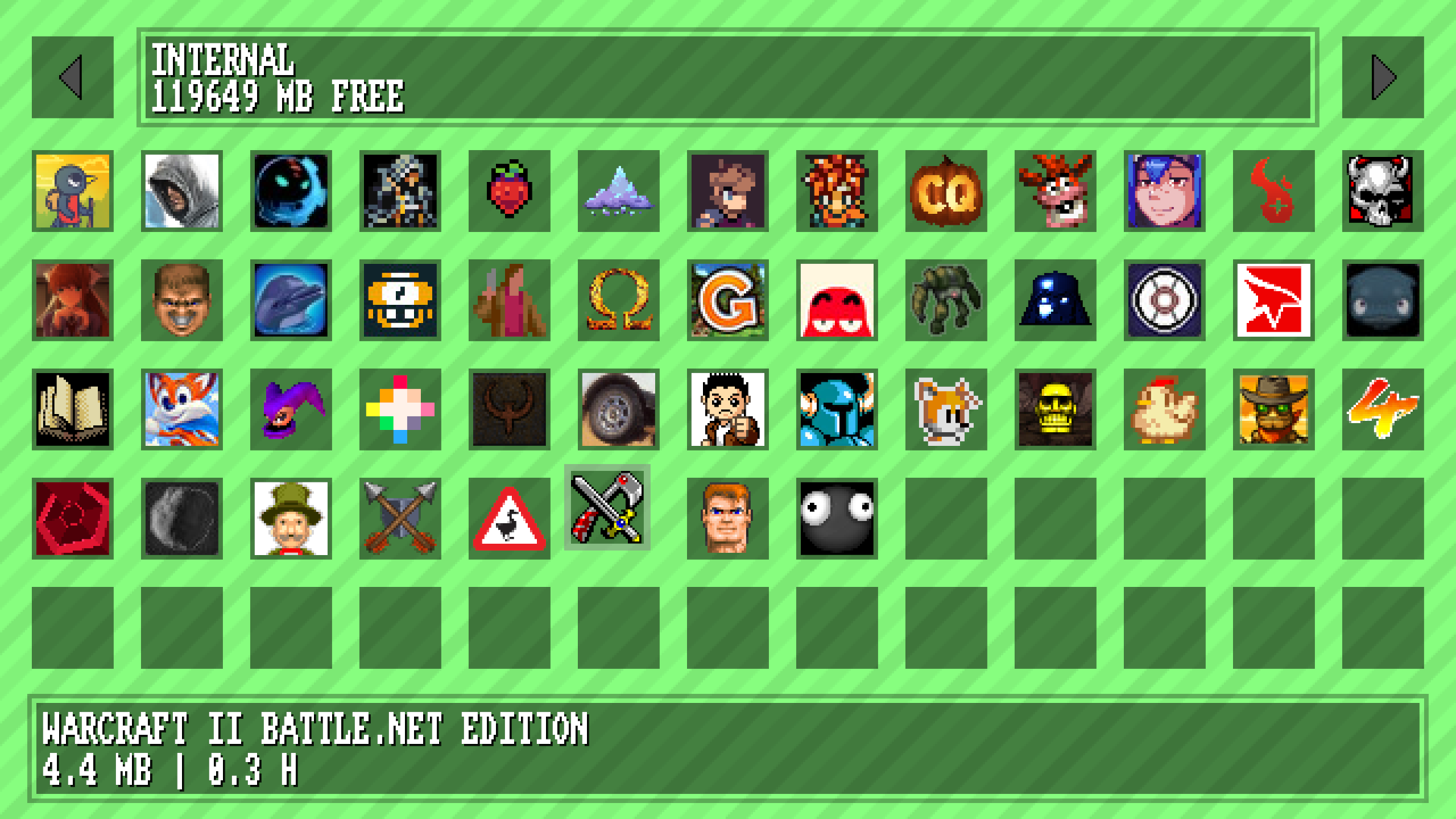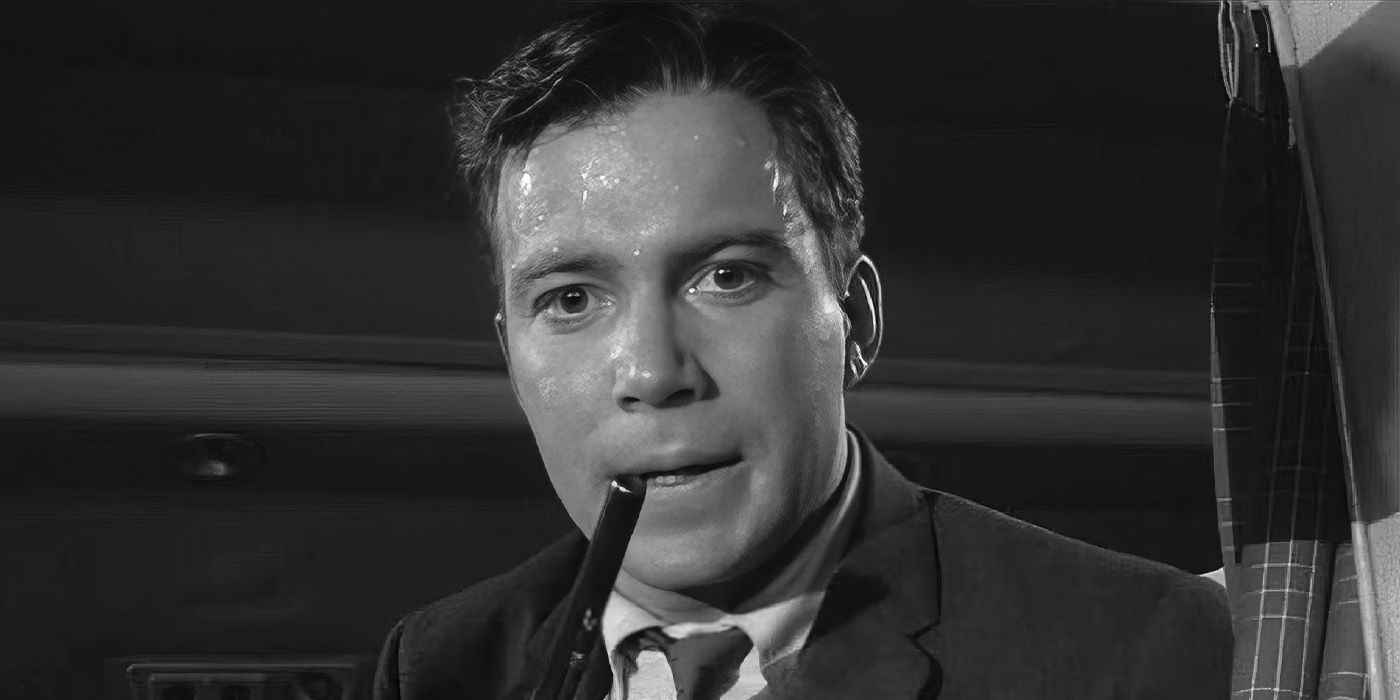Don't get me wrong, I enjoy everything modern PC gaming has to offer—but there's no use denying I am also a Nintendo girlie. I'm dating myself here, but the company got their hooks in me young with the Game Boy Color, and I've had an affectionate respect for cart-based gaming ever since. Enter an OS project that asks 'What if modern PC gaming were just a little more Nintendo?'
Kazeta is what can best be described as a nostalgic vibes-based Linux operating system that you can download right now from GitHub. Rather than wait for your beefy games to download or update, Kazeta is all about a classic plug-and-play sensibility. Just download your favourite DRM-free games onto SD cards, plug 'em into your Kazeta-based mini PC, and dive straight into gameplay just like the console gamer's days of yore.
To install Kazeta, you need only fulfil a few fairly easygoing system requirements and take note of some limitations:
RAM: 4 GB or moreStorage: 32 GB or largerGPU: AMD Radeon RX 400-series or newer; Nvidia GTX 16-series or newer; Intel "may work" with poor game compatibilityNot supported: hybrid graphics, virtual machines, dual booting, Secure Boot, Intel RST, legacy BIOSThe only 'supported' gear is the Geekom A5 2025 Edition Mini PC, a Ryzen-based machine presumably used by Kazeta's creator, plus the 8Bitdo Ultimate 2C Wireless Controller.
Built using a system developed for the Linux OS, ChimeraOS, Kazeta offers an immutable, or partially locked, operating system itself. There are a number of other drawbacks to this nostalgic vision besides that though.
For one, the Kazeta project won't really handle updates at all, pitching itself as offering a "Classic '90s console experience".
"At the moment, there is no official way to update the operating system," the Kezeta technical details notes. "Part of the appeal is that you never have to update. Not updating will ensure that your system and games will continue to work indefinitely."
For another, not every DRM-free game lends itself to running from an SD card, either in terms of file size or just my personal budget.
I know one can pick up a 10-pack of 16 GB SD cards for a very reasonable price, but with a read speed of 80 MB/s at best, that doesn't mean you should. As such, the Kazeta Operating System seems to be more geared towards games with a deliberately throwback flair. Between the likes of Stardew Valley, Celeste, and not to mention the imminent Hollow Knight: Silksong, Kazeta still arguably presents a gaming daydream with legs for a lot of folks.
Indeed, beyond the obvious retro charm, Kazeta pitches a few other often forgotten use cases. These include understandable examples like 'kids who need a safe, offline environment,' and 'older family members intimidated by modern gaming.' As someone with a Mum who's definitely gaming-curious, as well as younger relatives whose horizons I'd love to expand beyond the confines of their tablets, a Kazeta-based device could present a compelling opportunity.

But back to the retro charm—besides 'cartridge'-based gaming, Kazeta also offers save management with a nostalgic twist. Having written about all things PlayStation in a past life, I have a bit of a Pavlovian response to a save data screen with cute little icons. Even though the Kazeta OS's approach isn't even as sophisticated as the PlayStation 2's dancing polygons, I'm charmed nonetheless.
It's important to not look upon the past with rose-coloured glasses; as much as I still enjoy the look of games from decades gone by, a trip down memory lane always leaves me missing the quality of life features we enjoy in the here and now (though I modern narrative games need to look back at what visual novels have been doing for decades and incorporate a 'Log' feature as standard). But even though I'm far from a wizened gaming crone, it's hard not to see the appeal of Kazeta's 'no servers, no launchers, no microtransactions' sell.













 Bengali (Bangladesh) ·
Bengali (Bangladesh) ·  English (United States) ·
English (United States) ·